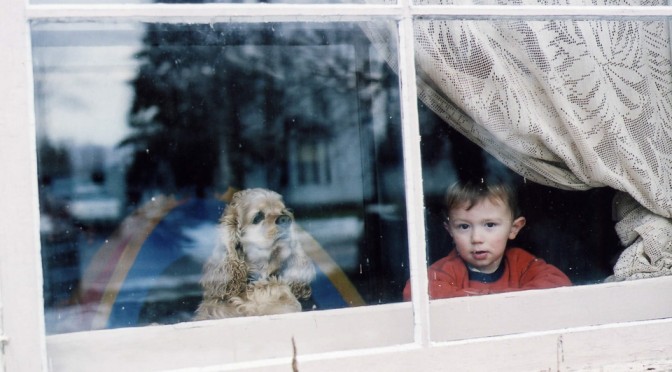It makes for a perfect sit-com setup. Eight-year-old Kevin is accidentally left Home Alone when his family heads off on Christmas vacation without him. Funny in the movies, not so funny in reality.
As a mother of four, I can attest that life gets a whole lot easier when at least one child reaches that magical stage of babysitting. I always wondered whether there was a set age that kids could be left home alone or to babysit siblings (there’s not). In Canada, common sense is permitted to dictate when a parent/guardian deems it permissible for a child, a person under the age of sixteen, to be home by themselves. Canadian law recognizes that age as a number isn’t an adequate gauge of maturity and abilities. What’s okay for one child may not be for another, as we see in our own circumstances.
It’s worth not assuming what is acceptable by law. If something does happen while you’re out, the onus will be on you to to prove that you made the right decision and you will be subject to fines and jail time. So, here’s what the Child and Family Services Act (Ontario) and Federal Criminal Code literally have to say:
Child and Family Services Act, RSO 1990 – Ontario
Offences, Restraining Orders, Recovery on Child’s Behalf
Abuse, failure to provide for reasonable care, etc.
79.(1)In this section,“abuse” means a state or condition of being physically harmed, sexually molested or sexually exploited.
(2)No person having charge of a child shall,(a) inflict abuse on the child; or(b) by failing to care and provide for or supervise and protect the child adequately,(i) permit the child to suffer abuse, or(ii) permit the child to suffer from a mental, emotional or developmental condition that, if not remedied, could seriously impair the child’s development.
(3)No person having charge of a child less than sixteen years of age shall leave the child without making provision for his or her supervision and care that is reasonable in the circumstances.
(4)Where a person is charged with contravening subsection (3) and the child is less than ten years of age, the onus of establishing that the person made provision for the child’s supervision and care that was reasonable in the circumstances rests with the person.
Offences
85. (1) A person who contravenes,
(a) an order for access made under subsection 58 (1);
(b) Repealed: 1999, c. 2, s. 30 (1).
(c) subsection 74 (5) (disclosure of information obtained by court order);
(d) subsection 75 (6) or (10) (confidentiality of child abuse register);
(e) an order made under subsection 76 (8) (amendment of society’s records);
(f) subsection 79 (3) or (5) (leaving child unattended, etc.);
(g) a restraining order made under subsection 80 (1);
(h) section 82 (unauthorized placement);
(i) any provision of section 83 (interference with child, etc.); or
(j) clause 84 (a) or (b),
and a director, officer or employee of a corporation who authorizes, permits or concurs in such a contravention by the corporation is guilty of an offence and on conviction is liable to a fine of not more than $1,000 or to imprisonment for a term of not more than one year, or to both. R.S.O. 1990, c. C.11, s. 85 (1); 1999, c. 2, s. 30 (1, 4).
Part VIII – Criminal Code of Canada – Offences Against the Person and Reputation
Marginal note: Definitions214. In this Part,“abandon” or “expose”« abandonner » ou « exposer »
“abandon”
- or
“expose”
- includes
- (a) a wilful omission to take charge of a child by a person who is under a legal duty to do so, and
- (b) dealing with a child in a manner that is likely to leave that child exposed to risk without protection;
Abandoning child
218. Every one who unlawfully abandons or exposes a child who is under the age of ten years, so that its life is or is likely to be endangered or its health is or is likely to be permanently injured,
- (a) is guilty of an indictable offence and liable to imprisonment for a term not exceeding five years; or
- (b) is guilty of an offence punishable on summary conviction and liable to imprisonment for a term not exceeding eighteen months.
The Children’s Aid Society (CAS) recommends that parents/guardians unsure of these interpretations contact their local CAS for further information. This consultation can be conducted anonymously.
